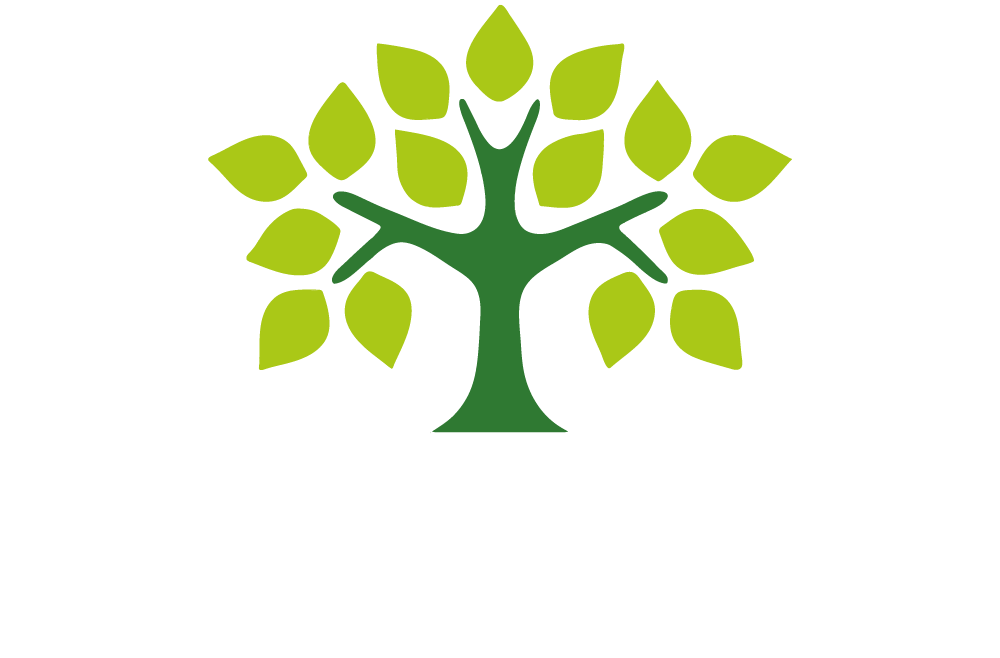RE

Wychwood Primary School – Religious Education Vision Statement
Intent
RE plays a central role in a broad and balanced curriculum that will enable students to participate fully in a multi-religious and multi-secular world. It aims to enable young people to hold informed and balanced conversations about worldviews, religion and beliefs. It provides a safe environment where pupils can explore their own ideas and learn to evaluate the opinions of others. Whilst a greater emphasis is placed upon the Christian faith in RE in church schools, it is important that young people experience the diversity of lived religion. Oxfordshire Diocesan Board of Education.
At Wychwood through our Religious Education curriculum we aim to enable children to gain a knowledge, understanding and respect of Christianity and other religions. Though exploring ‘Big Questions’ they will develop the confidence to be curious, to enquire, revisit, build on their knowledge and reflect on their learning as they progress through the school. We hope to develop their understanding of the ways which beliefs influence people in their behaviours, practices and outlook enabling them to develop respect for people and the planet.
Implementation.
Our RE curriculum is based on the Oxfordshire Agreed Syllabus which uses Big Questions to promote curiosity whilst exploring each unit of work, such as ‘Do made up stories have to tell the truth?’ and ‘Is a holy journey necessary for believers?’ Christianity is the main religion taught throughout the school, in accordance with national guidelines. In addition, Judaism is introduced in KS1, Hinduism, Sikhism and Islam in KS2. Through a spiral curriculum we aim for the children to be able to engage, enquire, evaluate and reflect on their developing knowledge and understanding of Christianity and other religions built upon from EYFS to Y6. RE is taught weekly, each lesson will regularly build on the children’s key vocabulary, revisit previous learning and develop their knowledge and understanding of different religions enabling children to know more, remember more, make links and connections and in doing so develop the ability to demonstrate an understanding of how beliefs contribute to individual identity, and impact on communities and society.
Through the teaching of RE we aim to inspire curiosity through exploring a range of exciting learning experiences both inside and outside the classroom thorough drama, debates, exploring and creating art, visits to places of worship and visitors from other faiths to the school, sharing their experiences for example on pilgrimages. Throughout the year the children participate in various festivals in the local churches and regularly take part in ‘Open the Book’ assemblies run by the church community. In doing so we aim to strengthen links with the local community, develop an understanding and respect that faith is important to people in their community. Alongside this we promote our school values though assemblies and our Reflective Area Monitors who meet termly to share a focused whole school activity which links to the current value and will be displayed in the class reflective areas.
EYFS
The first part of the RE lesson reflects on the current value and a child who has demonstrated that value is nominated. Each term has a different big question as a focus point, similar to the rest of the school. Learning points and key vocabulary is mapped out to ensure good coverage of the ELG ‘People and Places’ and to make links to the Year 1 curriculum. Flashbacks happen at the start of each lesson to ensure children are continually revisiting previous learning. Lessons are taught as a whole class once a week with a follow on activity in the form of a play project where the children choose to demonstrate their learning and knowledge through a range of activities such sequencing, acting, making, writing, playing or through technology.
Impact
Planning and Big Books evidence a broad and balanced RE curriculum and demonstrate the children’s progressive acquisition of identified substantive knowledge and the ability to question and reflect on their own views by using their knowledge to support their own ideas and opinions. Learning walks, pupil interviews, book looks and their outcomes from our RE days show that children are curious learners with the ability to retain and build on their knowledge by making links. They demonstrate confidence when expressing their own points of view and a respectful understanding of others as share their thoughts when reflecting on a Big Question. Reflective Areas in each class also evidence the children’s spiritual and personal development often making links with their learning in RE as they explore the school values and our Vision Statement. By regularly reviewing, monitoring and evaluating RE to ensure progression, we continue to further develop our RE curriculum.
RE Whole School Overview Making Links

